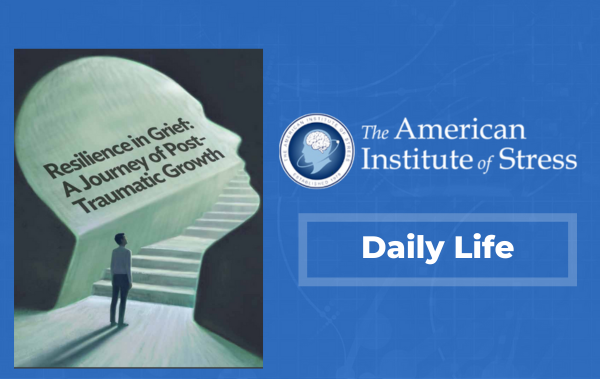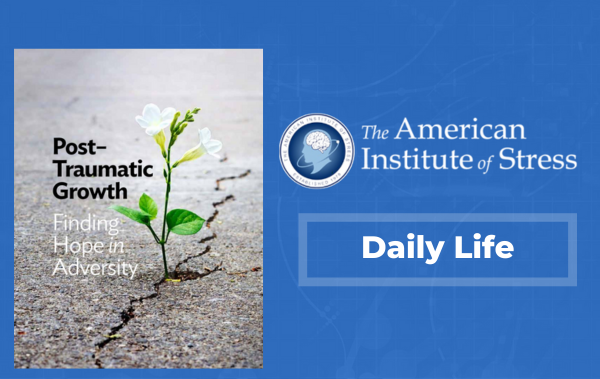
Art by Skyler Hawkins
Life is full of ups and downs, but learning how to cope with these inevitable changes allows people to lead more mindful and peaceful lives.
Mindfulness is a person’s ability to be fully present in the moment and not let what is going on around them become overwhelming, according to Mindful.org.
Living in the moment, focusing on breathing and trying different meditations are all healthy ways to practice mindfulness, according to the Mayo Clinic.
Jason Wong, associate director of the Counseling Center, said he practices mindfulness and lowers his stress levels through cycling and running, eating healthy foods, spending time with friends and getting good quality sleep.
“When I’m feeling anxious, sometimes I feel like the thoughts could overwhelm me,” Wong said. “It’s doing things like this that allow me to redirect my focus onto something else while letting these other thoughts flow through my mind and realign.”
Stress impacts many people on a daily basis and can inhibit them from being their best selves. Roughly three out of four people experience stress that impacts their physical and mental health, according to the American Institute of Stress.
Being mindful helps reduce activity in the part of the brain called the amygdala, according to Mindful.org. Because the amygdala helps control emotions, calming it can reduce a person’s overall level of stress.
Many people, including students and professors, said they find different ways to lower their stress levels, such as walking or listening to music.
Different aspects of health are connected, Wong said, and having a variety of coping mechanisms increases resilience.
“Effective stress management helps you break the hold stress has on your life, so you can be happier, healthier and more productive,” according to Help Guide, which is a nonprofit mental health site.
Great Books Professor Tuan Hoang said the main ways he focuses on being mindful are through dancing, breathing intentionally, watching shows, going for walks and taking naps.
“These ways help to minimize stress for me because they engage my body and give me something different to do from sitting, reading and grading,” Hoang said. “Even just being outdoors in a different environment is good for my body because it gives me a break from sitting.”
Making sure his body doesn’t stay in one position for too long, Hoang said, helps to keep his body engaged and active.
“Having a routine that engages my body and mind helps me cope with the stress in my life,” Hoang said.
Listening to music and getting a good amount of sleep are ways first-year Kaitlyn Gerrick said she handles her stress because they make her feel relaxed.
Gerrick said reducing stress allows people to put their best foot forward every day.
Senior Alyssa Hornback said exercise helps her physically destress, talking with friends allows her to receive validation and be open about what is on her mind, and spending time with God gives her peace and reorients her.
“Finding a variety of outlets to minimize stress is important in order to cope with stress in a healthy manner,” Hornback said.
If people do not find healthy ways to cope, Hornback said, they may pursue unhealthy practices.
“It’s important to find ways to manage stress because we’re complicated people and every aspect of health impacts one another,” Wong said. “They all act as a spiderweb; a single strand of a spiderweb is not that strong but when you create many strands it becomes stronger.”
Original post by





